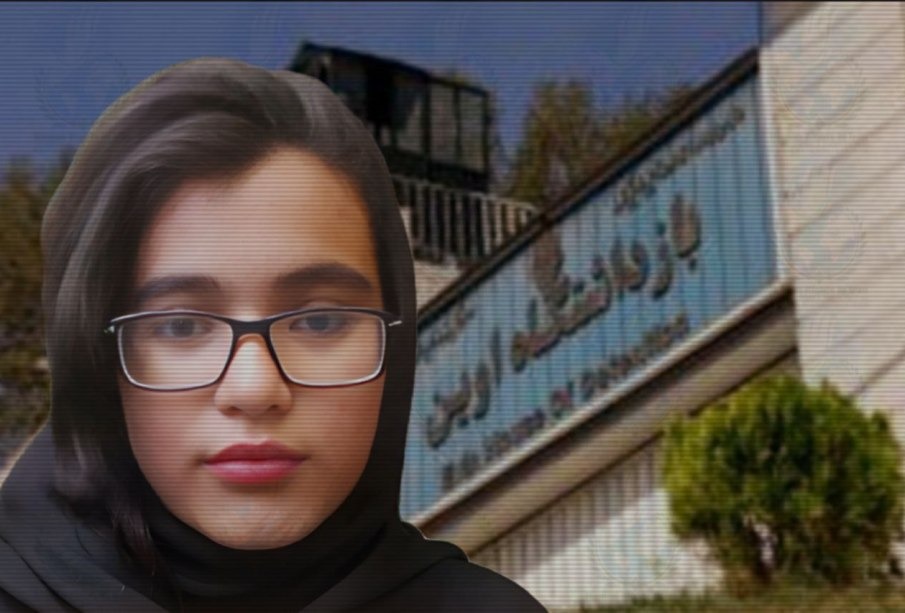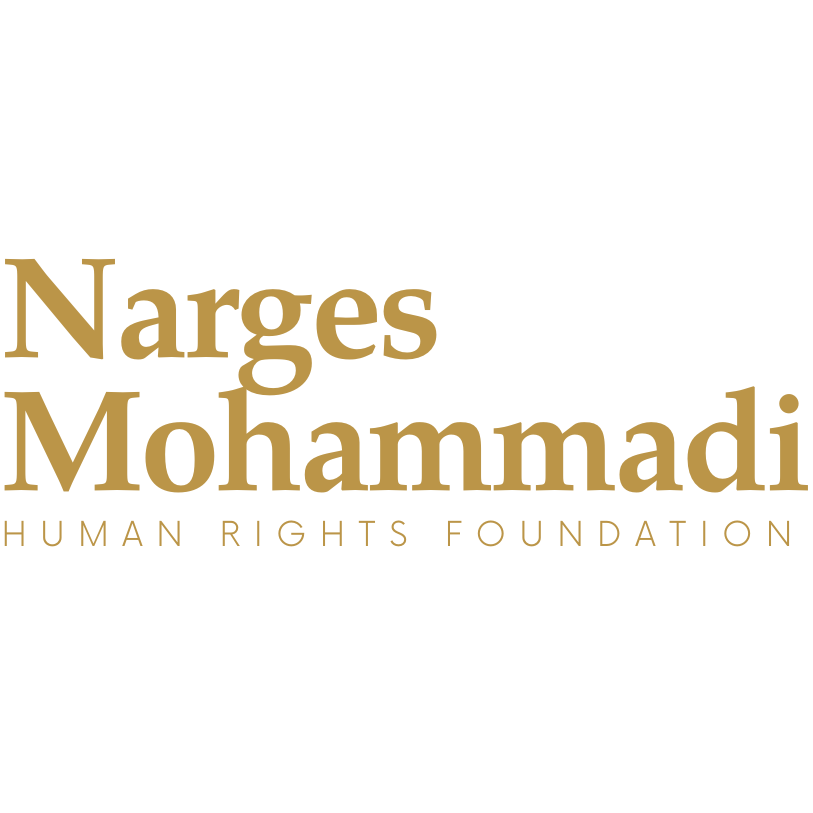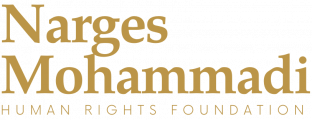
Solitary Cells, Forced Confessions, and the Threat of Mass Executions: Narges Mohammadi Warns of Intensified Crackdown in Iran
Solitary Cells, Forced Confessions, and the Threat of Mass Executions: Narges Mohammadi Warns of Intensified Crackdown in Iran
Tehran, Iran — July 7, 2025 — Nobel Peace Prize laureate and human rights defender Narges Mohammadi has issued an urgent call to the international community to act against a disturbing escalation in the use of solitary confinement, forced confessions, and the threat of harsh sentences — including executions — against prisoners detained in unknown locations across Iran.
In a statement from Tehran, Iran, Mohammadi highlights the case of Arghavan Fallahi, a young woman arrested after the ‘Woman, Life, Freedom’ uprising. Fallahi has been held in prolonged solitary confinement for over five months under conditions described as “white torture,” and was recently transferred to an unknown location following Israel’s attack on Evin Prison.
“The project of extracting forced confessions from prisoners held in solitary confinement in unknown locations is a serious plan by the security apparatus, which can result in heavy sentences and widespread executions,” Mohammadi warns.
She urges international human rights organizations and defenders to raise the alarm and press for immediate action to protect prisoners, calling on families to speak out about the condition of their loved ones before it’s too late.
This latest testimony comes as Iranian authorities intensify efforts to silence dissent through extreme isolation, psychological torture, and secretive interrogations — tactics Mohammadi says push prisoners to “unimaginable points.”
Narges Mohammadi remains at risk of being sent back to prison for her peaceful human rights work. She has been out of prison since December 4, 2024, on a suspended sentence after undergoing major surgery to remove a suspicious, potentially cancerous tumor from her leg. Since then, she has received two official orders to return to prison, but her lawyers have determined that she should not go back voluntarily. She has chosen to remain outside as an act of civil disobedience, declaring: “If they want me, they should pay the price and arrest me themselves — I will not go to prison quietly.” Despite this constant threat and severe reprisals, she continues to amplify the voices of other political prisoners.
Here is Narges Mohammadi’s Full Statement :
“The project of extracting forced confessions from prisoners held in solitary confinement in unknown locations is a serious plan by the security apparatus, which can result in heavy sentences and widespread executions.
In 2022, after the ‘Woman, Life, Freedom’ uprising, Arghavan Fallahi and her co-defendant were brought to Evin Prison. They were held for a long time in solitary cells in Ward 209 under intense interrogation. I have heard what Arghavan endured in solitary confinement and, earlier, in Shiraz Prison.
After being released for some time, Arghavan was re-arrested. Since February, she has been held in solitary confinement in the Ministry of Intelligence’s security ward, and after Israel’s attack on Evin, she was transferred from that ward to another solitary cell outside Evin Prison.
For more than five months, Arghavan has been held in solitary confinement under pressure and interrogation — enduring ‘white torture’ conditions. On June 22, during the military attack and missile strikes, she was in solitary confinement, and the compounded psychological pressure of prolonged solitary detention, the terror of missile strikes on Evin, and now isolation in an unknown place is devastating — pushing a prisoner to unimaginable points. The security-judicial apparatus, with cruelty, seeks to extract a confession from her under these inhumane conditions.
Forced and baseless confessions obtained in solitary confinement under ‘white torture’ are nothing new, but after the war, detaining arrestees in solitary cells in unknown places and complete silence is deeply worrying.
I call on international human rights bodies and human rights defenders to follow up on the situation of prisoners, especially those held in solitary confinement, and I urge families to speak up about the condition of their loved ones and to inform the public.
July 7, 2025
Narges Mohammadi
Tehran, Iran
پروژهی اعترافگیری از زندانیان محبوس در سلولهای انفرادی در مکانهای نامعلوم، برنامهی جدی نهادهای امنیتیست که میتواند احکام سنگین و اعدامهای گستردهای را رقم بزند.
نرگس محمدی – تهران ایران۱۶ تیر ۱۴۰۴
سال ۱۴۰۱ و پس از جنبش «زن، زندگی، آزادی» ارغوان فلاحی و همپروندهایاش را به زندان اوین آوردند. آنها مدتها در سلولهای انفرادی ۲۰۹ تحت فشار بازجویی قرار داشتند. شرح آنچه بر ارغوان در سلولهای انفرادی و پیش تر در زندان شیراز رفته بود را شنیده ام.ارغوان پس از مدتها آزاد و مجددا بازداشت شد.او از بهمن ماه تاکنون در سلولهای انفرادی بند امنیت وزارت اطلاعات است و بعد از حملهی اسرائیل به اوین از بند امنیت وزارت اطلاعات اوین به سلول انفرادی دیگری در خارج از زندان اوین منتقل شدهاست.ارغوان بیش از پنج ماه است که در سلولهای انفرادی تحت فشار و بازجویی و حبس در شرایط «شکنجه سفید» است. او در دوم تیرماه در شرایط حملهی نظامی و موشک باران در سلول انفرادی بوده و تلنبار شدن فشار روانی حبس در سلول انفرادی و اضطراب موشکباران اوین و این روزها حبس در سلول انفرادی در مکانی نامعلوم، امری ویرانگر است که زندانی را به هر نقطهای باورناپذیری میتواند برساند. دستگاه امنیتی قضایی با بیرحمی به دنبال اخذ اعتراف از او در چنین شرایط غیر انسانی است. اخذ اعتراف اجباری و بیاساس در سلولهای انفرادی و تحت «شکنجه سفید» امر جدیدی نیست، اما پس از جنگ، حبس بازداشت شدگان در سلولهای انفرادی و در مکانهای نامعلوم و در بیخبری امری نگران کننده است. از نهادهای بین المللی حقوق بشری و مدافعان حقوقبشر تقاضا دارم پیگیر وضعیت زندانیان به ویژه در سلول های انفرادی باشند و از خانوادهها تقاضا دارم از وضعیت عزیزانشان سخن بگویند و اطلاعرسانی کنند.


